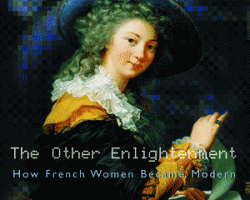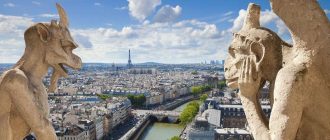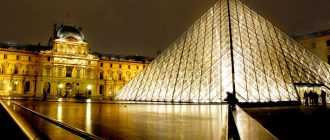Are you interested in French literature from the 17th & 18th centuries? Perhaps you’d just like an overview of French literature from this period. Whatever it is, we’ve put together interesting facts & information about Classic & Enlightenment l
The world of literature in France was dominated by classicism in much the same way as classicism dominated sculpture, art and architecture in France. This century if often referred to as the century of great French classical writers.
In the realm of poetry Francois Demalherbe introduced significant innovations in the use of rhythm that influenced subsequent French poets.
French 17th Century Theatrical Literature
At the same time Moiliere, the famous French 17th century playwright produced masterpieces such as Tartuffe, which is still performed today.
The two great masters of French tragedy: Racine and Corneille both lived in the 17th Century and became known for drawing on themes taken from the annals of Greek and Roman history and mythology.
Marie Fayette, apart from being one of the few female writers to be accepted in the world of French literature at this time, is often noted as having set the mould for the modern novel with her work, La Princesse Cleves.
French Enlightenment Literature
The Enlightenment which occurred in France and the rest of Europe at around the turn of the 18th century, had a profound impact on the world of literature in France. The 18th century was to a large extent dominated by new ideas introduced in the realm of philosophy, which in turn found its way into much of the French literature of the Day.
Voltaire, one of the greatest figures in 18th century French literature, is perhaps best remembered for his novel Candide, which tracks the adventures of a naïve and idealistic young man around Europe. Voltaire’s liberal use of irony was a literary innovation at the time.
Another important figure in French enlightenment literature is Rousseau. Originally a Catholic from Switzerland, Rousseau converted to Protestantism and moved to France where he spent the remainder of life writing. His most famous work is Les Confessions, which is considered the first modern autobiography.





